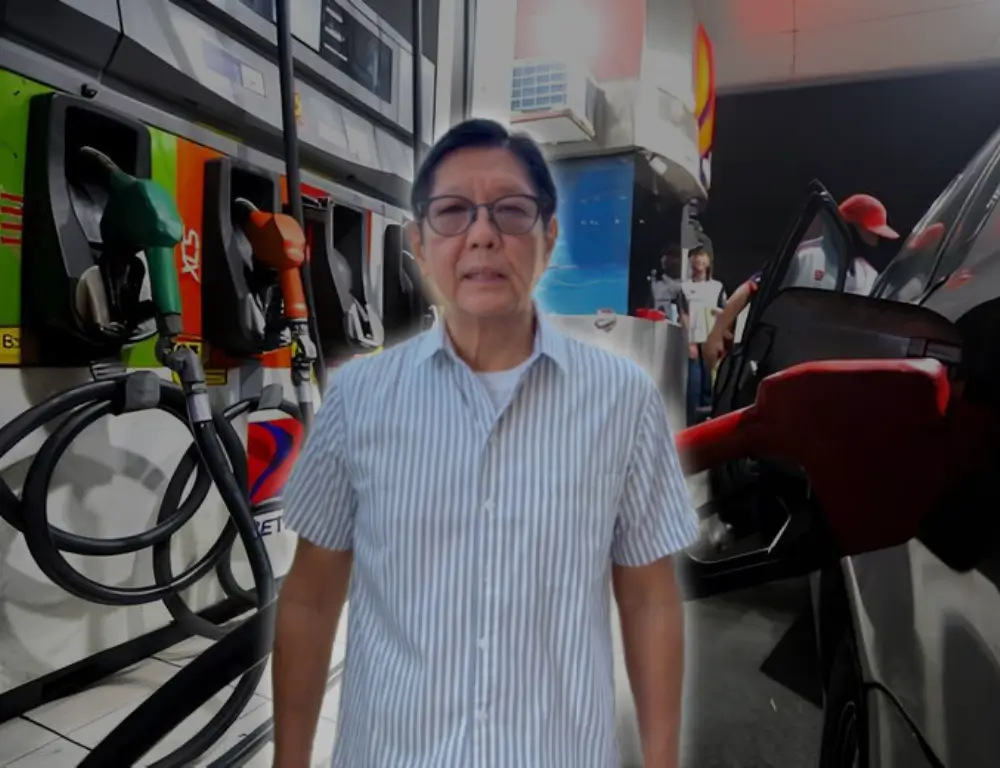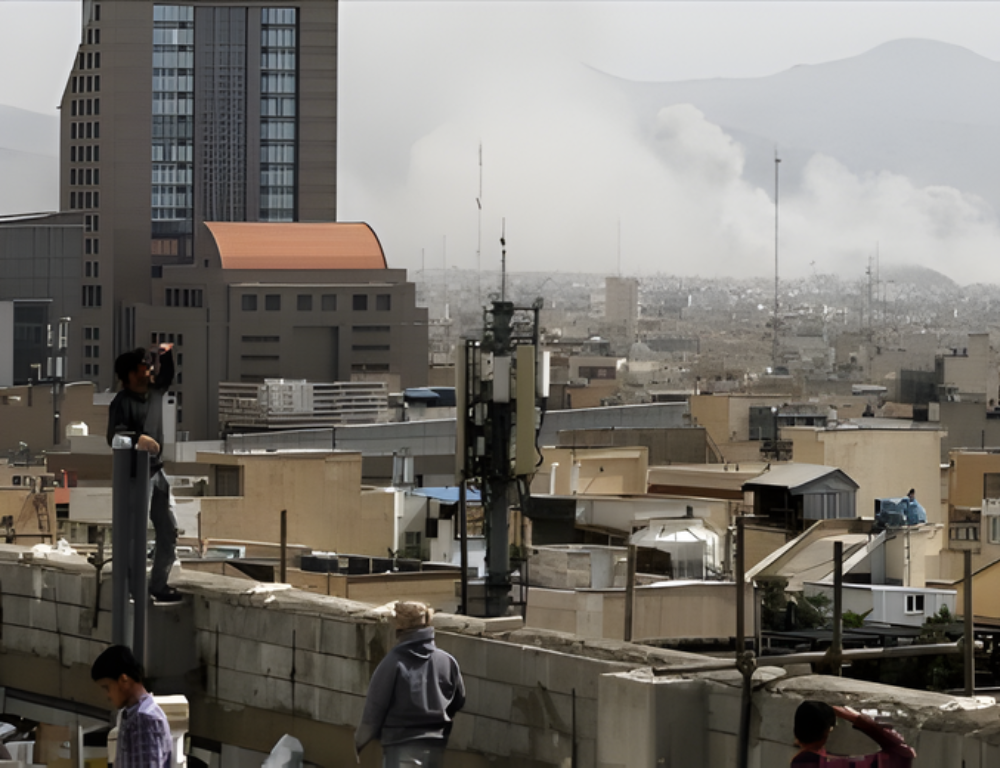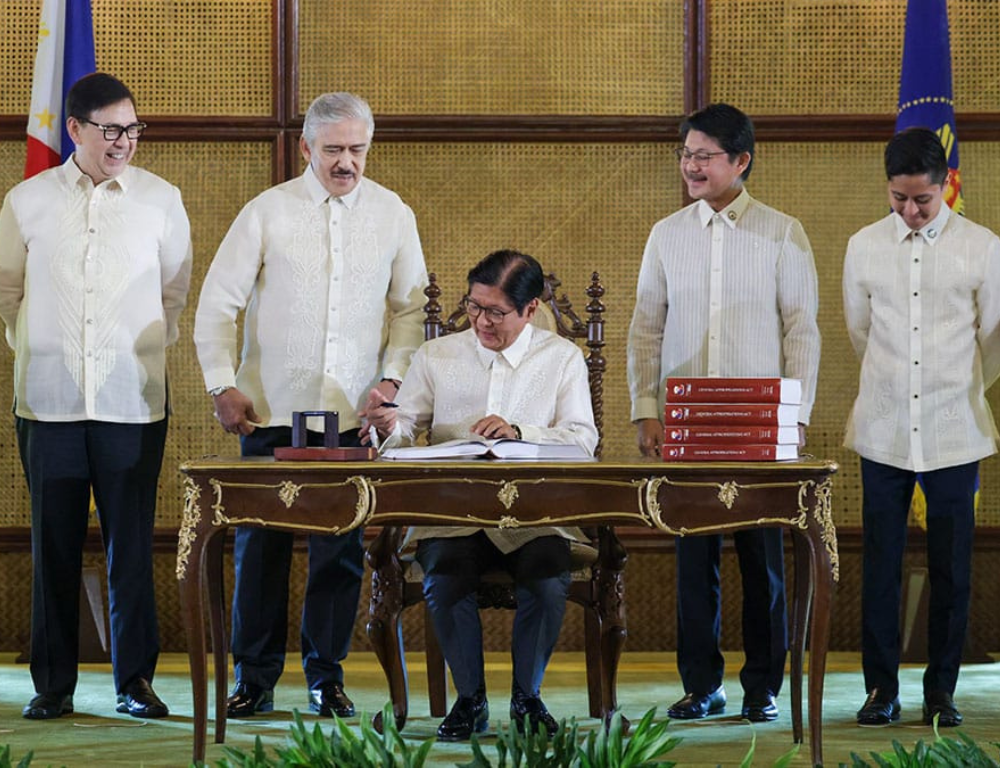
The Philippines climbed three notches to 53rd out of 133 economies in the 2024 Global Innovation Index (GII), driven by concerted efforts to advance and strengthen innovation as a key driver of progress.
The National Economic and Development Authority (NEDA) announced that this leap from 56th place in 2023 surpasses the government’s target of 54th rank for 2024, as set in the Philippine Development Plan (PDP) 2023-2028.
The World Intellectual Property Organization (WIPO) recognized the Philippines for ranking third among 38 lower-middle-income economies, following India and Vietnam. Additionally, the country maintained its 5th place among ASEAN members and was acknowledged as one of the middle-income economies that have made the most significant ranking improvements since 2013.
“This advancement clearly reflects our commitment to fostering a culture of innovation and enhancing our competitiveness in both domestic and global markets. Our focus remains on making innovation a key driver of sustainable economic growth that benefits every Filipino,” said NEDA Secretary Arsenio M. Balisacan.
Despite a slight decline in the Innovation Outputs sub-index (from 52nd to 53rd), the Philippines continues to excel in advanced technology sectors. Notably, the country ranks first globally in high-tech exports as a percentage of total trade, particularly in computers, scientific instruments, and electrical machinery.
The Philippines ranks 14th in creative goods, which encompass design, fashion, and film, and 19th in exports of ICT services. Moreover, the country holds the 34th position in global brand value and 35th in intangible asset intensity, underscoring its growing presence in global markets.
In the Innovation Inputs sub-index, the Philippines improved its ranking to 67th place from 69th in 2023, driven by strong performances across various areas. Highlighting its expanding economic potential, the country ranks 4th globally in high-tech imports as a percentage of total trade, 32nd in energy efficiency (measured as GDP per unit of energy use), and 28th in domestic market scale.
However, the Philippines must continue to invest in research and development (R&D), human capital, and digital infrastructure to tackle persistent challenges that could impede its sustained progress. These challenges include Human Capital and Research, where the country ranks 86th in the number of researchers per million population and 108th in the pupil-teacher ratio for secondary education. In terms of Infrastructure, the Philippines is ranked 105th in ICT access, and in Knowledge Creation, it holds the 94th spot for PCT patents.
The National Innovation Council (NIC), chaired by President Ferdinand R. Marcos Jr., is implementing key initiatives outlined in the National Innovation Agenda and Strategy Document (NIASD) 2023-2032. Among these initiatives is the third cycle of the Innovation Fund, amounting to PHP 100 million, to support projects in various priority areas. The NIC will also host the National and Regional Innovation Awards and Competitions in 2025 to recognize outstanding Filipino innovations. Additionally, the NIC is conducting several studies, including policy reforms to eliminate barriers to innovation, a feasibility study on massive scholarships and talent retention, an assessment of innovation infrastructure, and the development of a framework for regulatory sandboxing for new and emerging technologies.
Aligned with these efforts, the Department of Science and Technology (DOST) leads key initiatives to boost research and innovation. One such initiative is the Research and Development Leadership (RDLead) Program, which aims to strengthen R&D capabilities in higher education institutions and research institutes while supporting pre-commercialization efforts through the TECHNiCOM Program. Additionally, the Intellectual Property Office of the Philippines (IPOPHL) provides technical assistance to micro, small, and medium enterprises (MSMEs) and inventors regarding trademark and patent searches, as well as the drafting of patents, utility models, and industrial design documents through its Innovation and Technology Support Office Network.
The Department of Trade and Industry (DTI), through its “Malikhaing Pinoy” program, supports the creative industries by empowering Filipino talents in design, fashion, and the arts, while fostering innovation within the creative sector. These initiatives aim to establish a dynamic and inclusive innovation ecosystem that will drive long-term growth.
“With these ongoing efforts, we are well-positioned to further strengthen our global standing and contribute to our goal of a smart and innovative Philippines, as envisioned in the NIASD 2023-2032 and AmBisyon Natin 2040,” Balisacan said.
The GII, published annually by WIPO, evaluates the innovation capabilities and performance of 133 economies worldwide. With the theme “Innovation in the Face of Uncertainty,” this year’s GII highlights the importance of resilience and adaptability as economies navigate global challenges. (NEDA)











